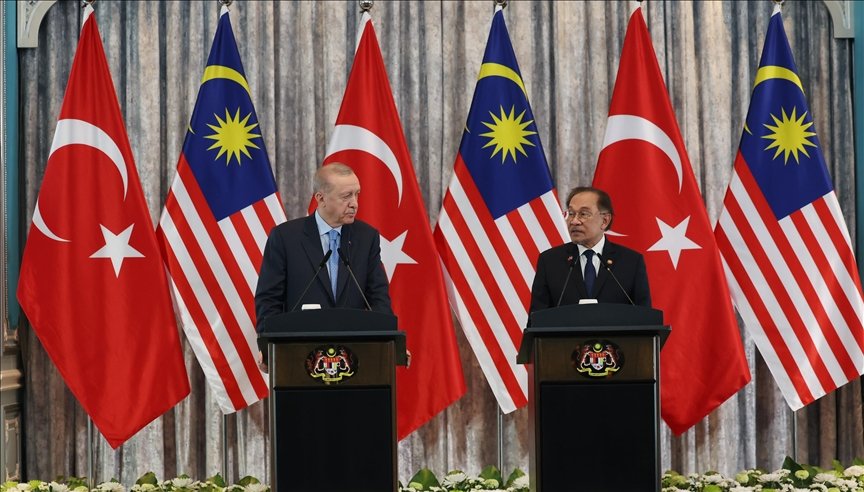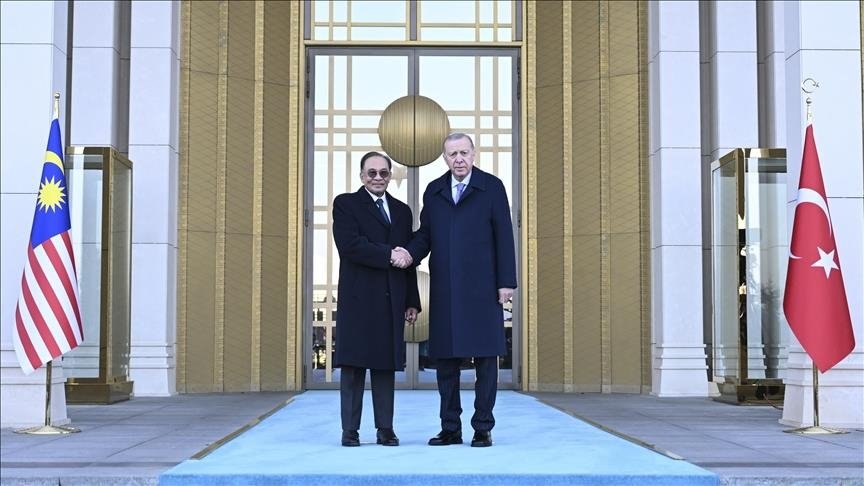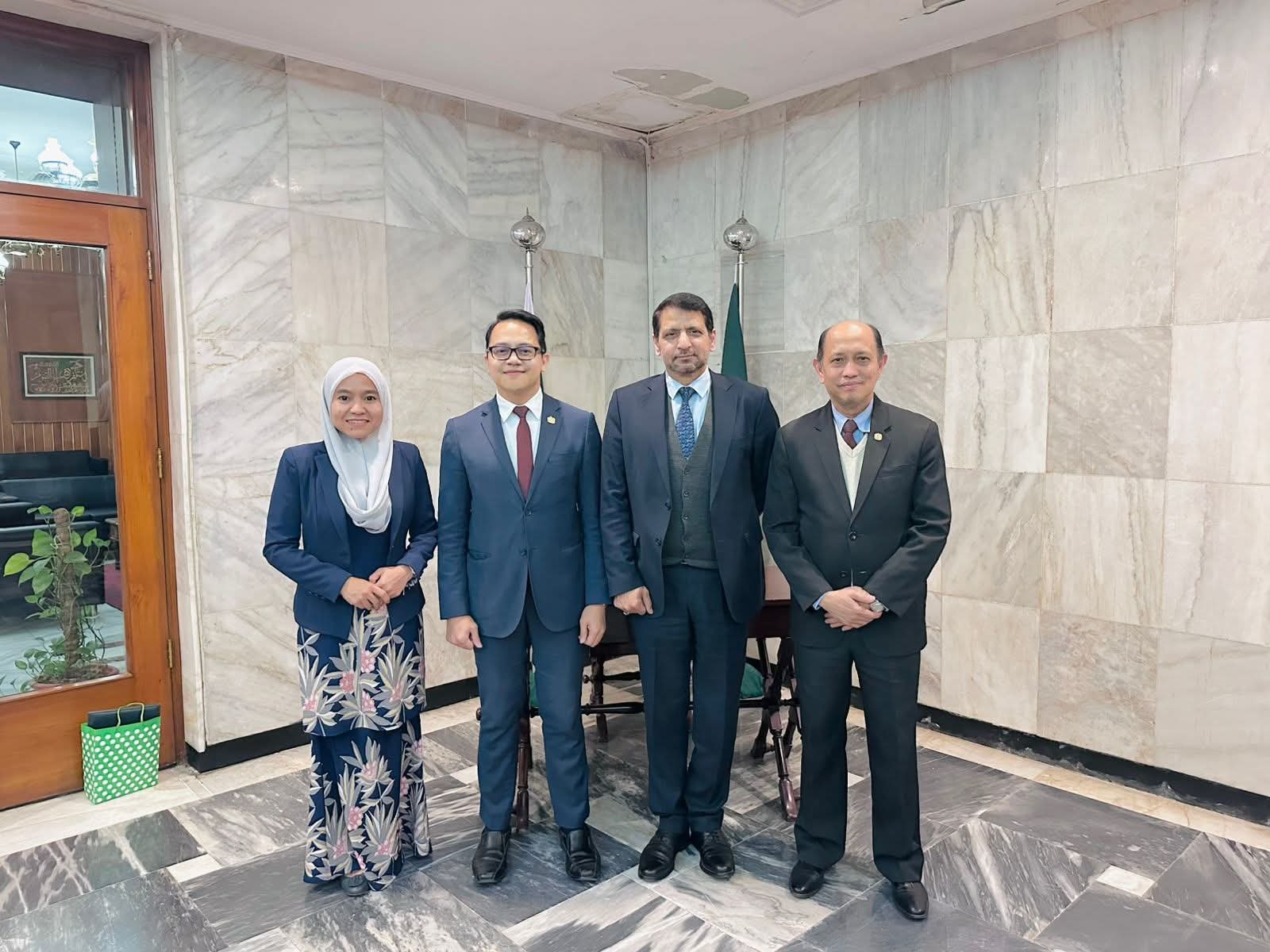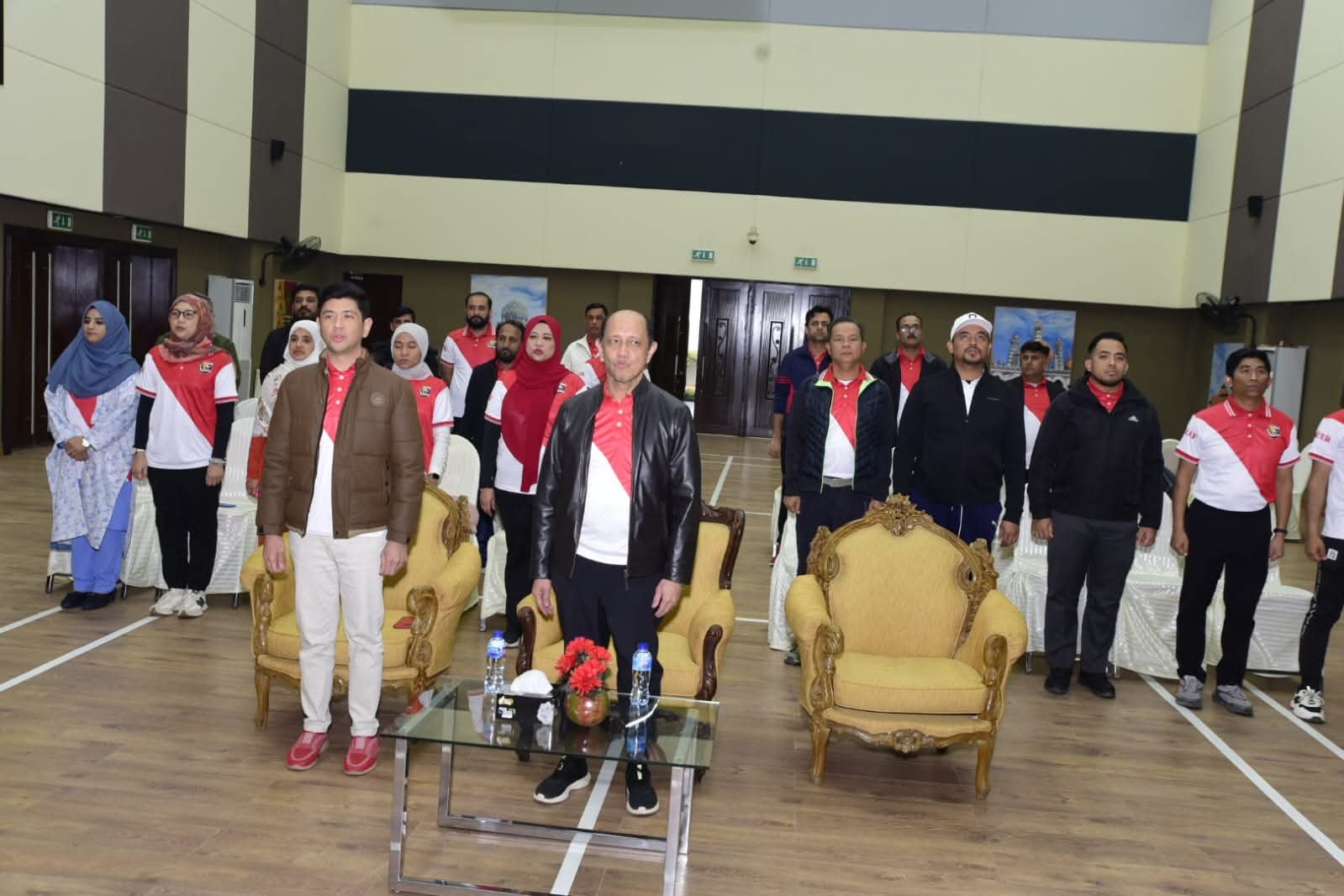Kuala Lumpur, November 19, 2025 – The Europe Today: Malaysia will set up its first dedicated Cyber and Electromagnetic Defence Command next month, marking a major step in the Armed Forces’ transition toward a smart, technology-driven military, Deputy Defence Minister Adly Zahari announced on Wednesday.
Adly said the new command, currently in its finalisation stage by the Malaysian Armed Forces, will serve as the central hub for national cyber and electromagnetic operations, underpinning the country’s strategic posture in digital warfare.
He added that the command’s full capabilities will be introduced in phases under the 13th Malaysia Plan (2026–2030), with the objective of establishing a fully capable cyber force by 2030.
“This move aligns with the Armed Forces’ Future Force concept, which focuses on advanced doctrine, modern structures and high-technology assets to support digital-era operations,” Adly said during a parliamentary session.
Adly stressed that a dedicated cyber force would strengthen active defence mechanisms, enable preventive operations, and enhance regional cooperation in addressing increasingly complex cyber threats.
Responding to a question on integrating artificial intelligence (AI) into military operations, Adly said the ministry has identified eight priority areas, beginning with surveillance across land, air and maritime domains. He noted that AI is being integrated into drones, cyber defence systems, smart weapons, unmanned vehicles, green technologies, communications, intelligence platforms, training simulators and logistics.
“With complete data and optimised asset utilisation, AI can significantly enhance operational efficiency,” he stated.
Adly also noted that countries such as the United States now require all defence personnel to master military drone operations, adding that Malaysia is moving in the same direction.
Earlier in the session, Syed Ibrahim Syed Noh (PH–Ledang) inquired about the upcoming national defence industry policy, set for release in January, and how it will support advanced technologies and strengthen research and development at institutions like Universiti Pertahanan Nasional Malaysia.
Adly said the ministry is consolidating defence industrial capabilities through the National Defence Industry Council, working with universities, research institutions and ministries such as the Ministry of Science, Technology and Innovation.
“When we develop a national defence industry policy, we are not only strengthening the industry but also empowering existing expertise,” he said, emphasising the goal of building domestic technological capabilities while leveraging existing strengths across multiple sectors.














